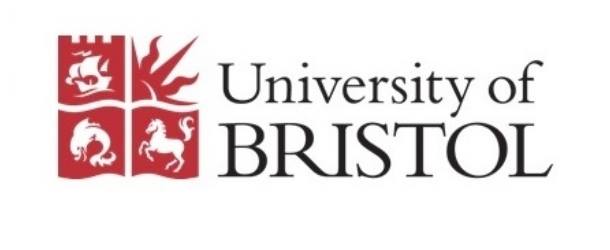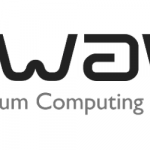Research team at University of Bristol chase down advantage in quantum race

(Phys.org) Quantum researchers at the University of Bristol have dramatically reduced the time to simulate an optical quantum computer, with a speedup of around one billion over previous approaches.
Experimental work from the University of Science and Technology of China (USTC) was the first to claim quantum advantage using photons—particles of light, in a protocol called “Gaussian Boson Sampling” (GBS). Their paper claimed that the experiment, performed in 200 seconds, would take 600 million years to simulate on the world’s largest supercomputer.
Taking up the challenge, a team at the University of Bristol’s Quantum Engineering Technology Labs (QET Labs), in collaboration with researchers at Imperial College London and Hewlett Packard Enterprise, have reduced this simulation time down to just a few months, a speedup factor of around one billion.
Their paper “The boundary for quantum advantage in Gaussian boson sampling”, published today in the journal Science Advances, comes at a time when other experimental approaches claiming quantum advantage, such as from the quantum computing team at Google, are also leading to improved classical algorithms for simulating these experiments.
The team’s methods do not exploit any errors in the experiment and so one next step for the research is to combine their new methods with techniques that exploit the imperfections of the real-world experiment. This would further speed up simulation time and build a greater understanding of which areas require improvements.
Anthony Laing, co-Director of QET Labs and an author on the work, said: “As we develop more sophisticated quantum computing technologies, this type of work is vital. It helps us understand the bar we must get over before we can begin to solve problems in clean energy and healthcare that affect us all. The work is a great example of teamwork and collaboration among researchers in the UK Quantum Computing and Simulation Hub and Hewlett Packard Enterprise.”



















